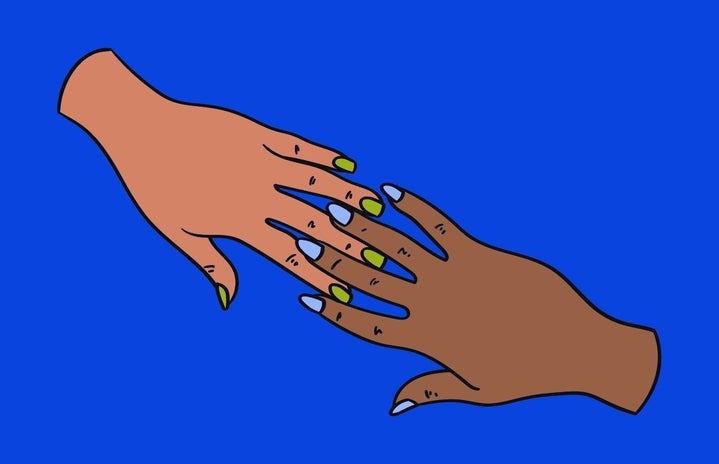Trigger Warning: Mentions of sexual assault and police brutality
The rise of social media in recent years has created a platform to amplify voices speaking out about issues like sexual assault awareness. The increased attention toward the #MeToo Movement, the creation of “share your story” accounts for college campuses, and the national discussion about sexual violence in the military exemplify the heightened exposure to, and awareness around, sexual assault. However, as awareness spreads and the fight against sexual assault grows, sex workers seem to be left out of the conversation.
Sex work is largely stigmatized in the U.S.,, and that degradation is transferred to the workers. Sex workers are shamed in our culture and legal system to the point where they are the ones blamed when they are victims of sexual assault. The notion that they “signed up for it” or “knew what they were getting into” is all too common and extremely problematic. It is dehumanizing and works under the idea that someone could deserve or should “just have to deal” with sexual violence. It disregards the difference between consensual interactions and assault. And, most dangerously, it allows perpetrators of sexual violence to get away without accountability or blame while the finger is pointed at the victim.

These high levels of police interaction are even higher for already marginalized groups. Amnesty international reports that “nearly 40% of adults arrested for prostitution [in 2015] were Black” — numbers that rise to 60% for minors. The same report found that of the 41 sex workers murdered in the U.S. in 2015, 17 were Black and 12 were transgender women. The National Transgender Discrimination Survey found that 79.1% of transgender sex workers report high levels of interaction with the police. The terms “walking while trans” and “walking while Black” are commonly used to refer to the profiling sex workers of those groups experience by police.

A Slate article highlights the fact that “19 percent of all trans people, and 47 percent of black trans women, have engaged in sex work.” This statistic, along with those previously mentioned, demonstrates the intersectionality of sex worker rights. The fight against against sexual assault includes a fight for the protection of sex workers, and a fight for sex workers is a fight for trans, Black and immigrant lives. Our conversations about sexual assault awareness should be all-inclusive, and the fact that a group so impacted by sexual violence is so underrepresented in the movement continues a pattern of marginalization and should be an issue of top priority.

As we continue to fight against sexual violence this Sexual Assault Awareness Month, let’s center the stories of survivors and be inclusive in our movements. Sex workers deserve to be highlighted and their voices must be amplified, not only because they are some of the most impacted by this issue, but because they are human beings doing real work. Human beings. Real work.



